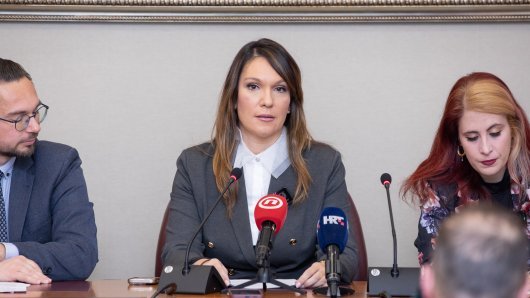The Croatian railway sector has made headway in reforms but the reforms conducted to date will, perhaps, not suffice to render this sector competitive and sustainable, which is why "additional efficiency measures and re-sizing of operations are needed to make HZ (the Croatian railway operator ) sustainable", according to recommendations from the World Bank's study "Croatia: Railways Policy Note".
The report's findings and recommendations were presented in Zagreb on Friday by a World Bank transport specialist and one of the authors of the report Jean-Francois Marteau.
Despite heavy state support, the transport intensity has remained low and the Croatian railway sector is still behind its peers according to parameters of success, Marteau said at the presentation.
He called on the government to draw up a long-term vision and make sure that the sector will be financially independent.
The World Banks points out three key challenges: and the first one for the government in Zagreb is how to ensure to receive value for the money it provides to HZ, and that this is channeled more for future investments in the sector and less on operational costs.
The second challenge is how to ensure the sustainability of the railway operators HZ Infrastructure, HZ Cargo and HZ Passenger Transport, by making them less reliant on state funds and competitive on the open EU market.
"And third, how to make the EU legal framework work for Croatia including how to use the EU Structural Funds on the necessary modernization of the railway network and increase performance using the contractual incentives of the railway directives," the World Bank reported on its web site.
Transport and Infrastructure Minister Sinisa Hajdas Doncic said that the number of those on the HZ payroll would be downsized from the current 13,000 employees to 10,000 over the next few years.




































